China and the U.S. have been collaborating in a wide range of areas, including agriculture, energy, environmental protection and basic research, since the U.S.-China Science and Technology Cooperation Agreement was signed in 1979.
Measured in terms of co-authored scientific research papers, U.S. collaboration with China exceeded collaboration with traditional partners such as the United Kingdom, Germany and Japan. China and the U.S. were each other's main partner in scientific collaboration, according to a 2014 research report prepared for the U.S.-China Economic and Security Review Commission.
The trend reversed when former president Donald Trump took office in 2016 and began imposing export controls, cracking down on Chinese tech companies and targeting researchers with ties to China in an effort to contain the country's technological development.
Despite criticism, the administration of current President Joe Biden has continued the policies, further aggravating tensions with China.
"Denying them access to American technology will simply provide extra incentive for Chinese scientists and engineers to work harder and seek other innovations that go around American-owned technology," Koo said.
Confrontation with China will lead to a lose-lose situation, and the U.S. might lose more since China has a complete, robust manufacturing base that the U.S. does not have, he added.
Jenny Lee, a professor at the Center for the Study of Higher Education at the University of Arizona, shared similar concerns.
Her study shows that many of the upward trends in U.S. scientific output are supported by China: U.S. research publications would have declined without Chinese co-authors, whereas China's publication rate would have risen without the U.S..
Her observations echoed another study by Margaret Roberts, a professor of political science at the University of California, San Diego.
By analyzing publication records for 102,000 scientists during the 2015-20 period, Roberts and her colleagues found that the U.S. government's investigations coincided with a decline in the productivity of scientists with previous collaborations with scientists in China, especially when the quality of publications was considered.
Particularly in the field of biotechnology, the U.S. and China are more complementary than competitive, Scott Moore, director of China Programs and Strategic Initiatives at the University of Pennsylvania, said in an article examining the impact of U.S.-China decoupling on biotechnology.
For individual researchers, collaboration with a different country, especially China, will significantly increase the quality of their work, he said.
He said that COVID-19 vaccines were "a powerful example" of how U.S.-China knowledge networks helped translate basic biotech research into commercial and medical applications.
"Washington's security-driven approach to China risks harming U.S. competitiveness in biotechnology instead of enhancing it," said Moore, adding that the U.S. may miss the opportunity to share in mutually-beneficial technologies and collaborate with China in addressing shared challenges.








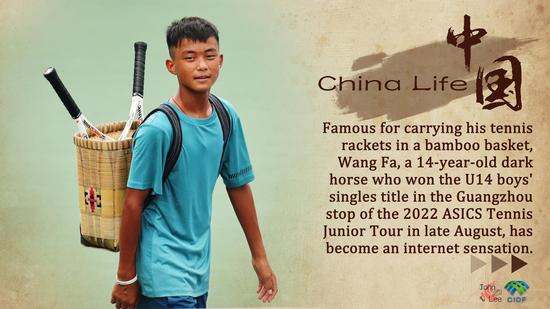
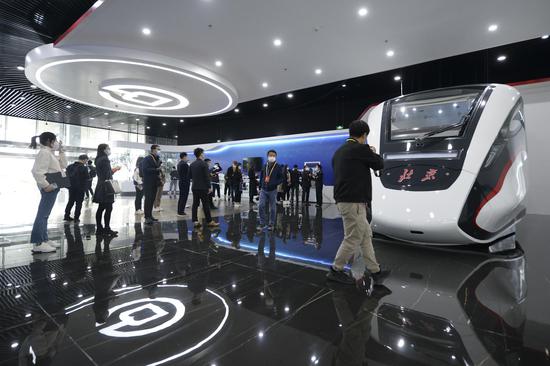
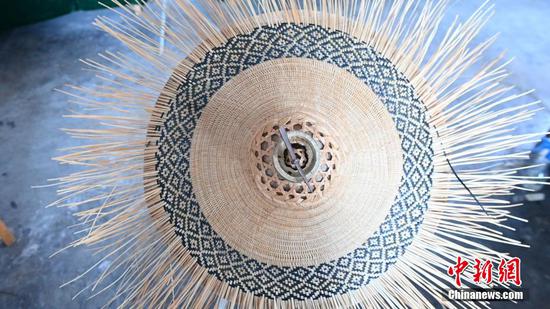
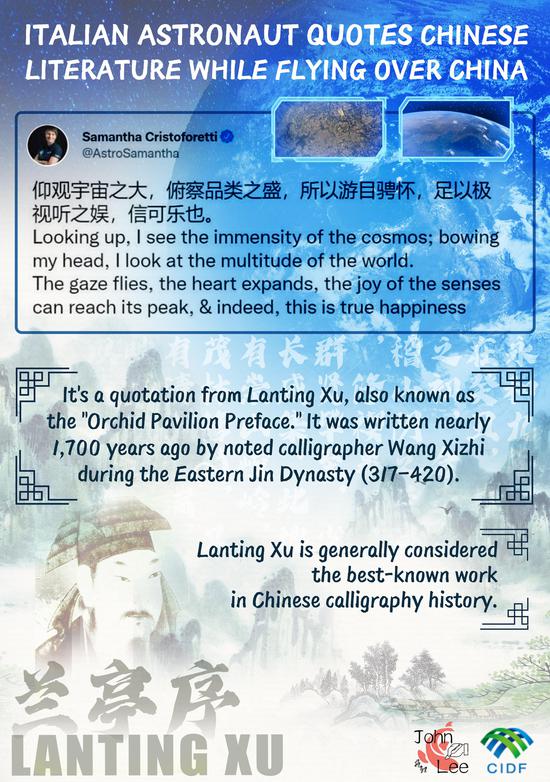
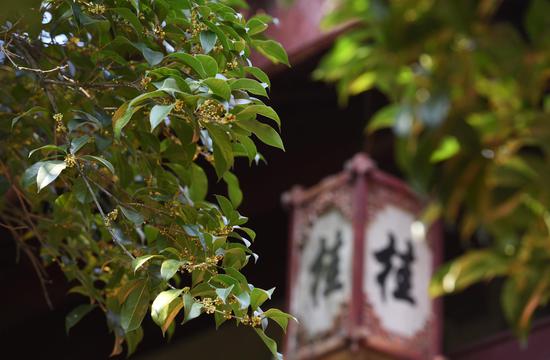
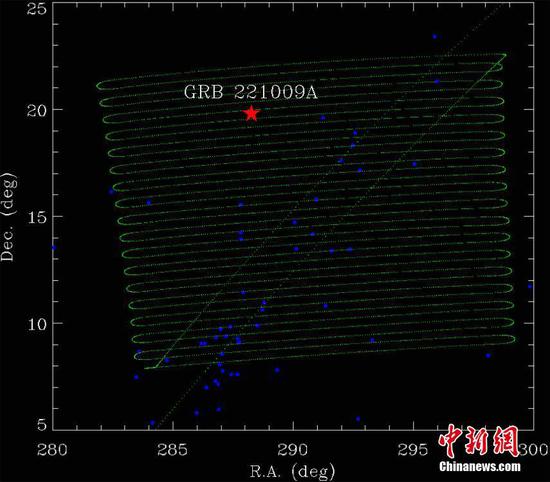
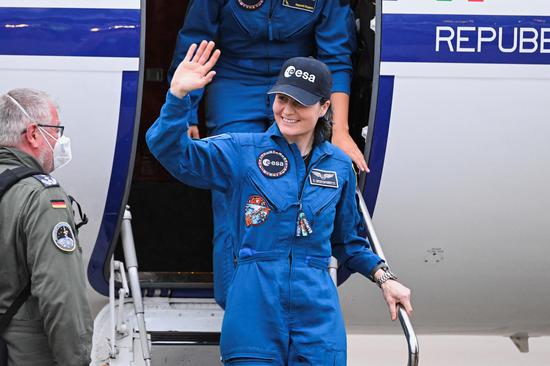
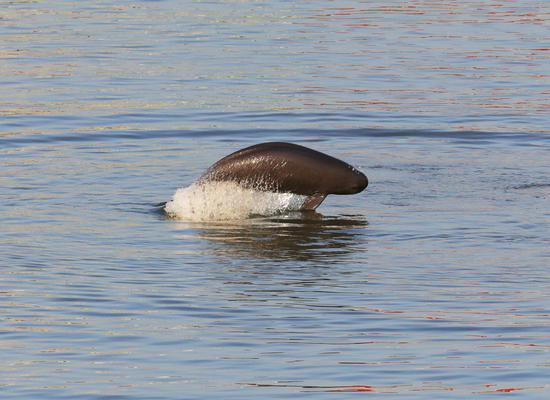
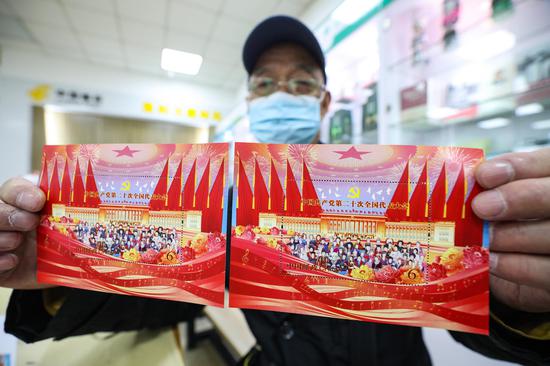
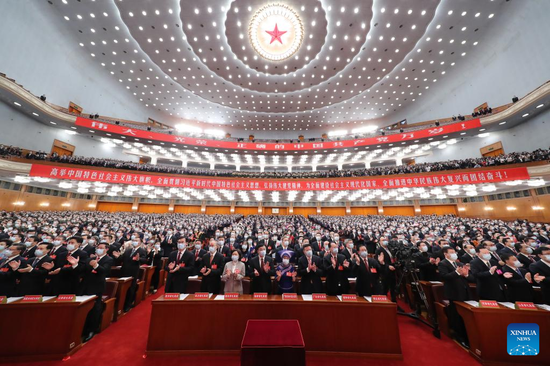
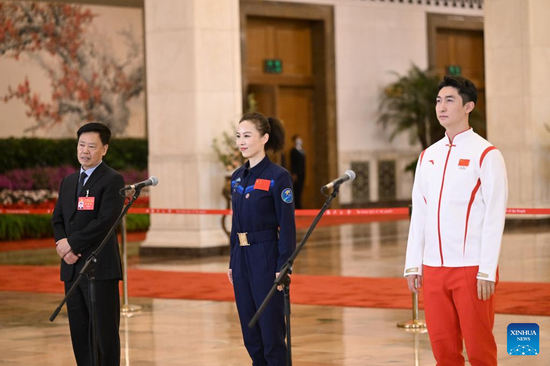
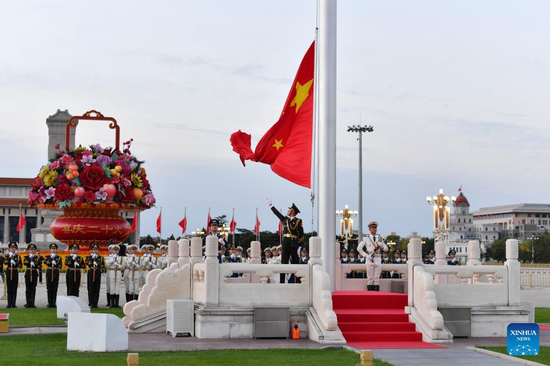

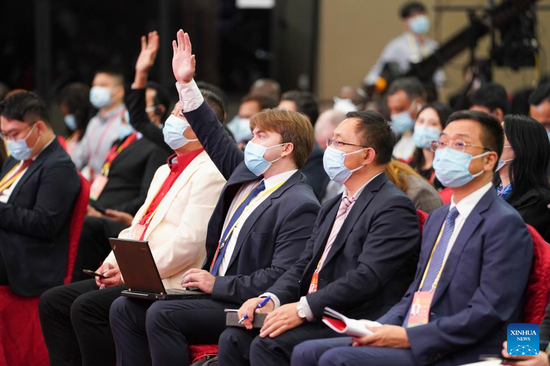
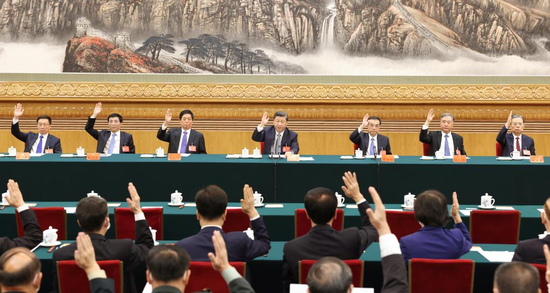
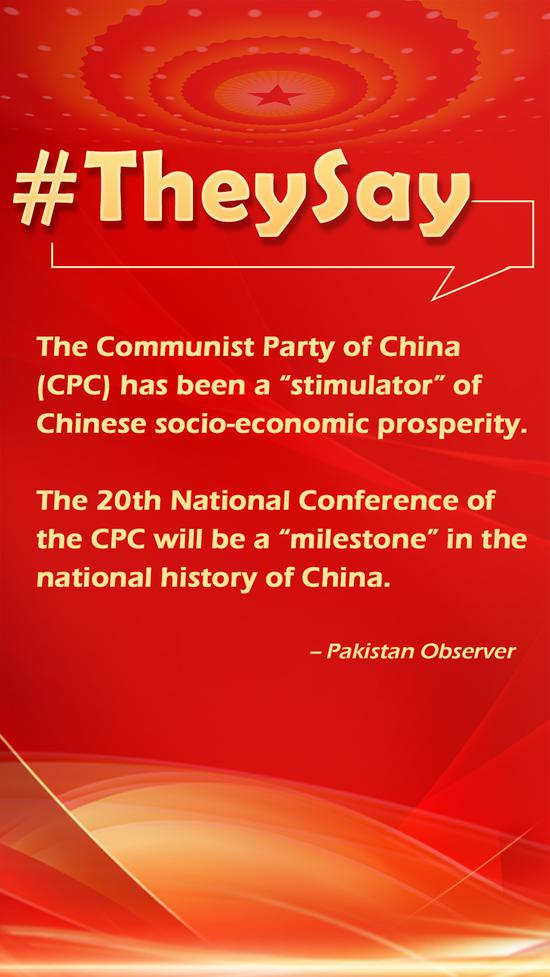
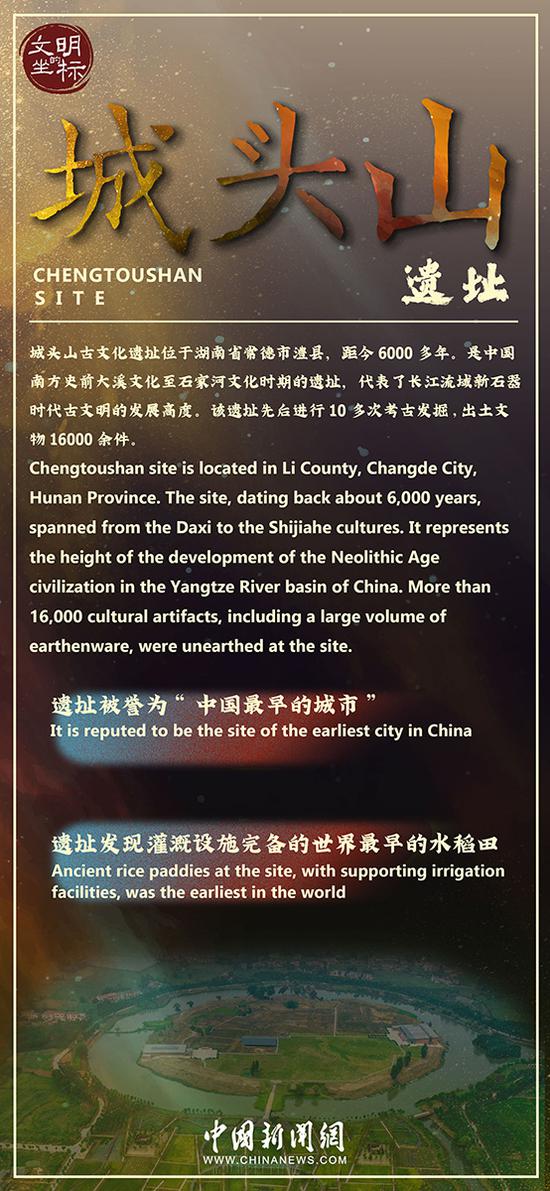
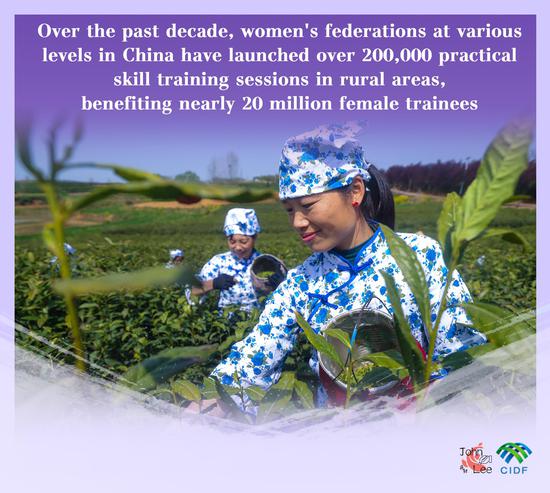

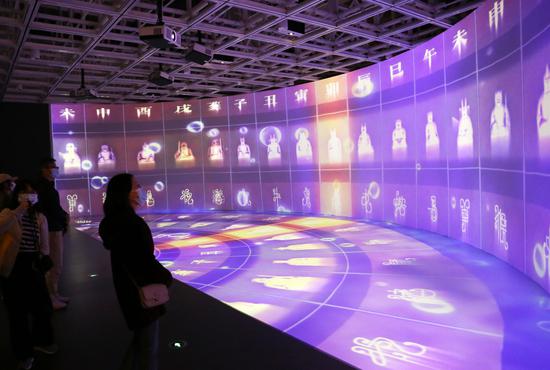
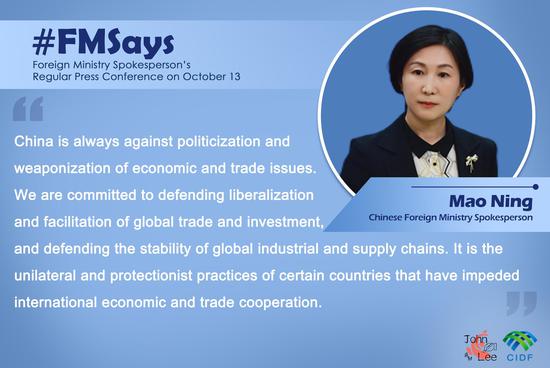
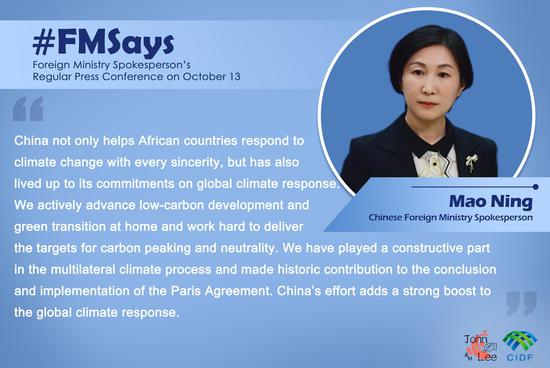
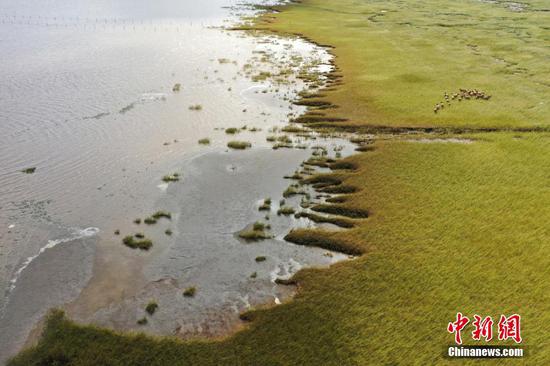

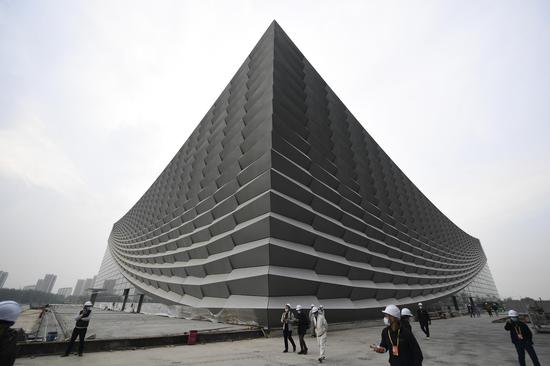

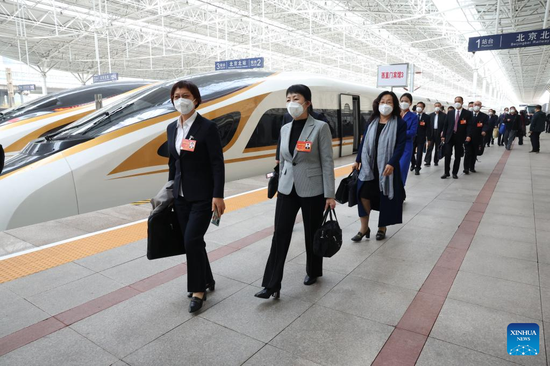
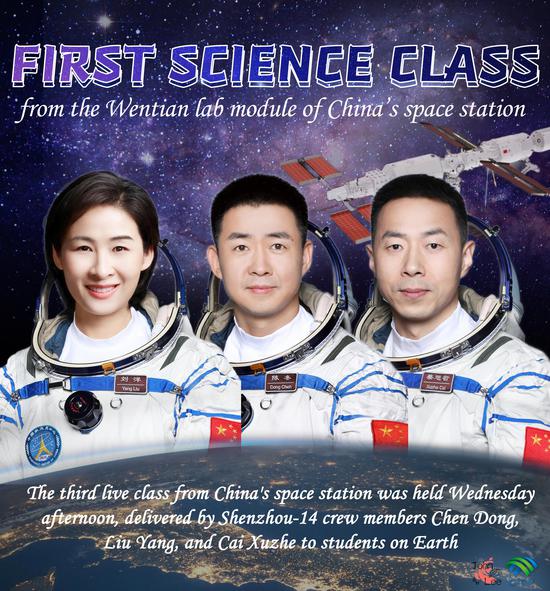
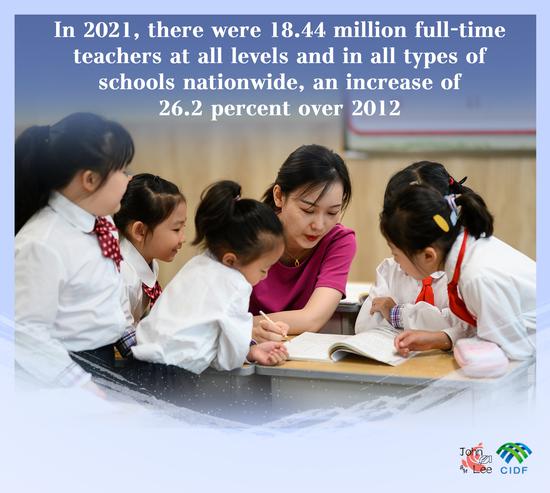
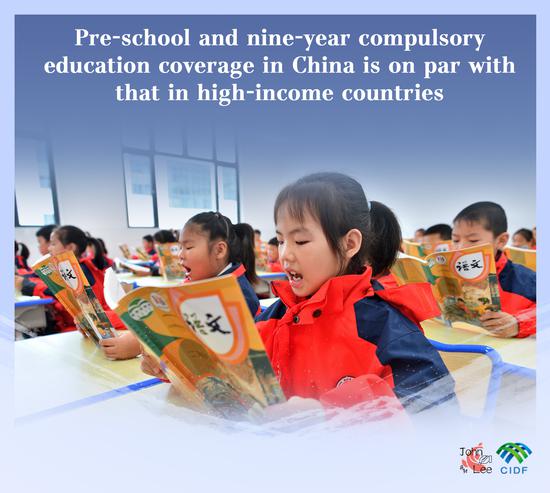
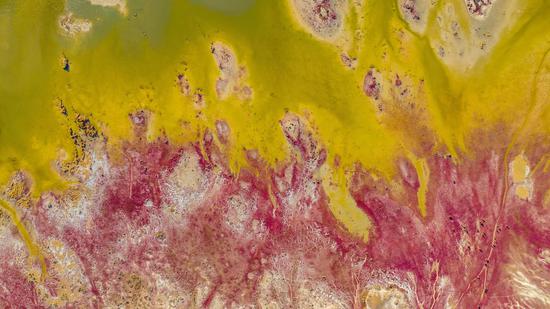
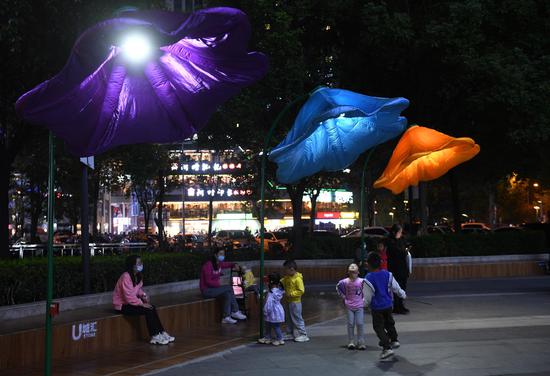
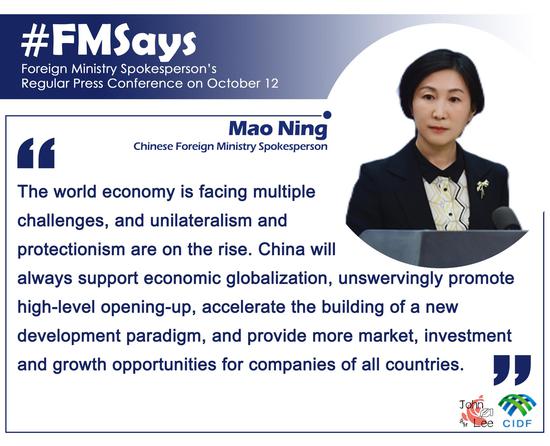

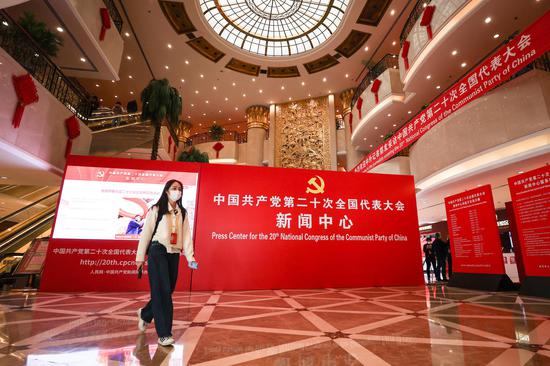
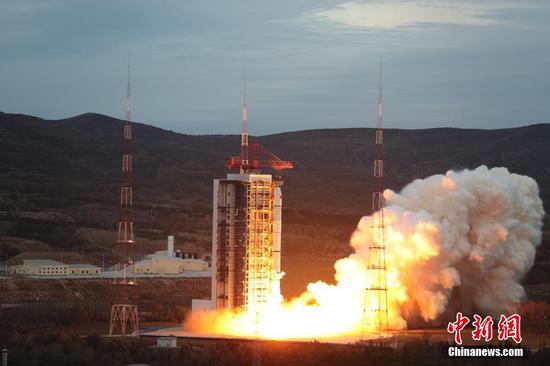
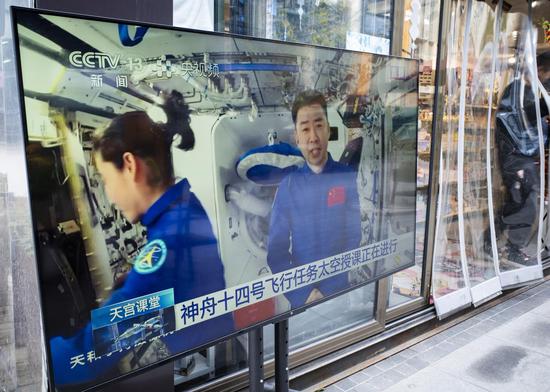





 京公網安備 11010202009201號
京公網安備 11010202009201號